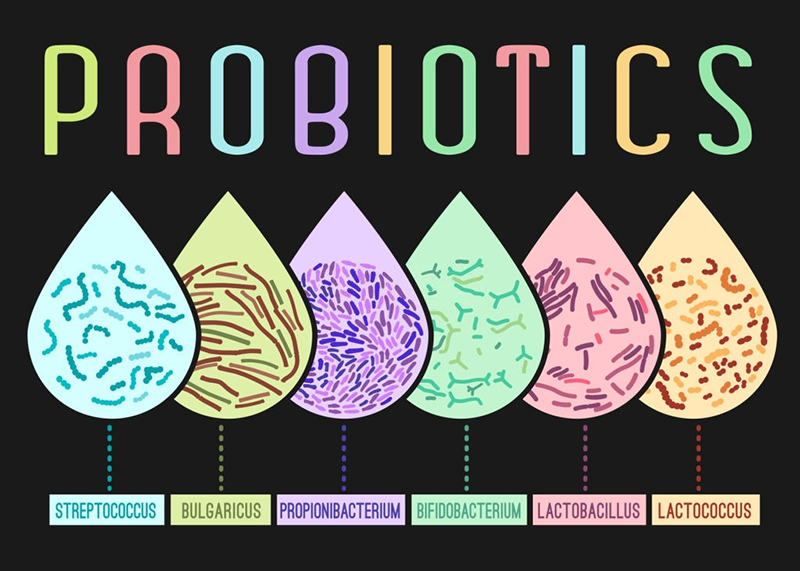From Yogurt to Kefir: Discovering Unexpected Sources of Probiotics
When most people think of probiotics, they tend to think of yogurt. While yogurt is certainly a great source of these beneficial bacteria, it’s not the only source out there. In fact, there are a number of other unexpected sources of probiotics that you may not be aware of. In this post, we’ll explore some of these sources and learn more about the benefits of adding probiotics to your diet.
Kefir
Kefir is a fermented drink that’s similar to yogurt, but it tends to have a thinner consistency and a slightly sour taste. It’s made by fermenting milk with kefir grains, which are a combination of bacteria and yeast. The end result is a drink that’s rich in probiotics and other beneficial nutrients.
Some studies have shown that kefir may be particularly effective at promoting digestive health. For example, one study published in the journal Nutrients found that kefir was able to reduce inflammation in the gut and improve symptoms of irritable bowel syndrome (IBS) in participants.
Kombucha
Kombucha is a fermented tea that’s become increasingly popular in recent years. It’s made by fermenting sweetened tea with a SCOBY (symbiotic culture of bacteria and yeast). The end result is a tangy, slightly effervescent drink that’s packed with probiotics and antioxidants.
Some studies have suggested that kombucha may be particularly beneficial for supporting immune health. For example, one study published in the Journal of Medicinal Food found that kombucha was able to stimulate the immune system and protect against certain infections.
Sauerkraut
Sauerkraut is a type of fermented cabbage that’s been enjoyed for centuries. It’s made by shredding cabbage and then letting it ferment in salt water. Over time, lactic acid bacteria begin to grow on the cabbage, which gives it its signature tangy flavor.
Like other fermented foods, sauerkraut is a great source of probiotics. It’s also high in vitamin C and other antioxidants, making it a great choice for supporting overall immune health.
Miso
Miso is a staple in Japanese cuisine, and it’s made by fermenting soybeans with salt and a type of fungus called koji. The end result is a thick paste that’s rich in umami flavor and packed with probiotics.
Some studies have suggested that miso may be particularly beneficial for supporting heart health. For example, one study published in the Journal of Nutrition found that consuming miso soup regularly was associated with a lower risk of heart disease among Japanese adults.
Tempeh
Tempeh is another popular soy-based food that’s rich in probiotics. It’s made by fermenting cooked soybeans with a type of fungus called Rhizopus oligosporus. The end result is a firm, nutty-tasting food that’s packed with protein and other nutrients.
Some studies have suggested that consuming tempeh may be particularly beneficial for supporting bone health. For example, one study published in the journal Nutrition Research found that tempeh was able to increase bone density in menopausal women.
The Benefits of Probiotics
So, what exactly are the benefits of consuming probiotics? Here are just a few:
- Improved digestive health
- Reduced inflammation
- Enhanced immune function
- Better heart health
- Increased bone density
Clearly, there are a wide range of benefits to adding probiotics to your diet. Whether you choose to get your probiotics from yogurt, kefir, sauerkraut, miso, tempeh, or any number of other sources, you’re sure to reap the rewards of these beneficial bacteria.
In Conclusion
If you’re interested in reaping the benefits of probiotics, don’t limit yourself to yogurt. There are a number of other unexpected sources of these beneficial bacteria out there. From kefir to kombucha to sauerkraut to miso to tempeh, the options are endless. So, why not branch out and try something new today? Your gut (and your overall health) will thank you!







